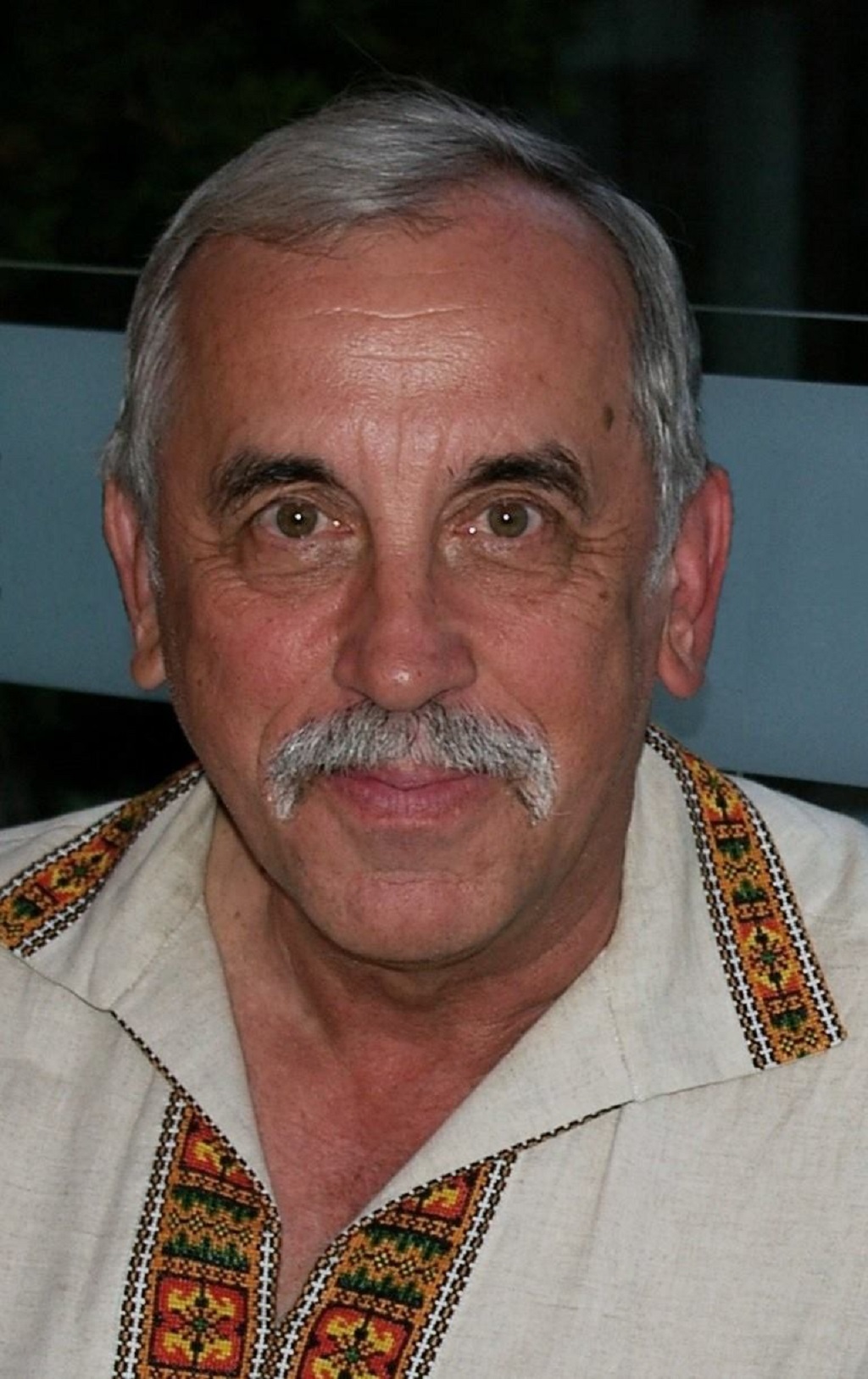Volodymyr Kish.
COVID-19 has effectively put the whole world on pause in terms of how we live our lives. For almost a month now, and likely for many more months to come, we have been forced to isolate ourselves in our homes, travel of all kinds has been almost completely shut down, and we have had to completely change our work and shopping patterns. The virus has battered the world’s economies, severely tested our health and emergency response systems, exposed the strengths and weaknesses of our political leaders, and probably more significantly, it has made us far more aware of our mortality and compelled some of us to question our priorities and values.
We all know that sooner or later, this crisis will come to an end, whether it be three months or a year or two down the road. What is much less certain is whether we will ever return back to that which we used to consider a “normal” life, or whether this existential challenge will have altered our perception of what is important, and what that normal should be. This is something we should take the time and effort to ponder, seeing as we currently have the time and perhaps also the motivation, to examine whether that “normal” life that we used to lead was sustainable, desirable and the best one for humankind in the long run. I would propose that there are a number of things we should think seriously about.
Firstly, this crisis has demonstrated fairly clearly that we have been seriously unprepared to deal with such pandemic outbreaks. This is despite the fact, that over the past few decades, there have been clear signs that these will become more frequent and deadlier. SARS, Ebola, MERS, COVID and other such diseases are the end product of population density, increasing viral and bacteriological resistance to vaccines and modern medicines, poor hygiene and controls in third-world countries, and an efficient global transportation network that can spread an infection across the world in a matter of days. We have known there would be another SARS-like outbreak sooner or later, yet we did little to prepare for it. In fact, many countries, in the interests of budget cutting, have been reducing the funds available to researchers and organizations that are tasked with responding to such emergencies. Our hospitals are underfunded, our stockpile of emergency supplies are inadequate, and our contingency plans for dealing with such crises have been shown to be woefully inadequate. Clearly health care must become a much higher priority as we head into the future, or the tragic results we have been seeing these last few months will become ever more common. It would also be opportune time for all countries to establish universal health care for all, since it is the poor and disadvantaged that suffer the most in these types of circumstances.
Such global pandemics require tight global political co-operation and sharing of both knowledge and resources, yet as the COVID-19 experience has shown us, there have been too many political leaders that have either put their head in the sand, have spurned assistance or cooperation with other countries, have failed to heed rational scientific advice, or have used the crisis to further self-serving political ends rather than deal with the problem at hand. It is time to judge whether such leaders are the right ones for our times.
This is also an opportune time to examine how our economies and societies function. For instance, what we have begun to appreciate in recent weeks, is that many people can effectively work from home rather than having to commute to some central office location. When one examines in detail the cost of commuting from the point of view of time spent, fuel used, transportation infrastructure required, real estate investment needed, and other associated costs, we should seriously look at significantly reducing the need for having people travel to and from work. Developments in communications, the internet and the increased number of “information” jobs, make working from home an effective alternative for a lot of our work force. The savings in both time and money, as well as the resulting pollution reduction would be significant, and we should make the most of this opportunity.
Another aspect of our modern lives that we should seriously examine has been our almost total dependence on retail channels for food and supplies for day to day living. We have lost much of our parent’s skills and expertise at growing, preparing and preserving our own food, as well as recycling and reusing things that we use in our day to day lives. We have become too used to fast food, highly processed food, and disposable everything. Our gardens have become lawns, our output of garbage increases with each passing year, and our homes are stuffed to rafters with consumer goods that we buy impulsively and seldom use. We have been conditioned to become a rampant consumer society that is rapidly consuming resources, polluting our planet and contributing to climate change.
We have a golden opportunity as we come out of this latest crisis to change our way of life to a more rationally based and ecological responsible form. We need not go back to the same old ways that will inevitably lead us to a dead end as a civilization.
Share on Social Media


































